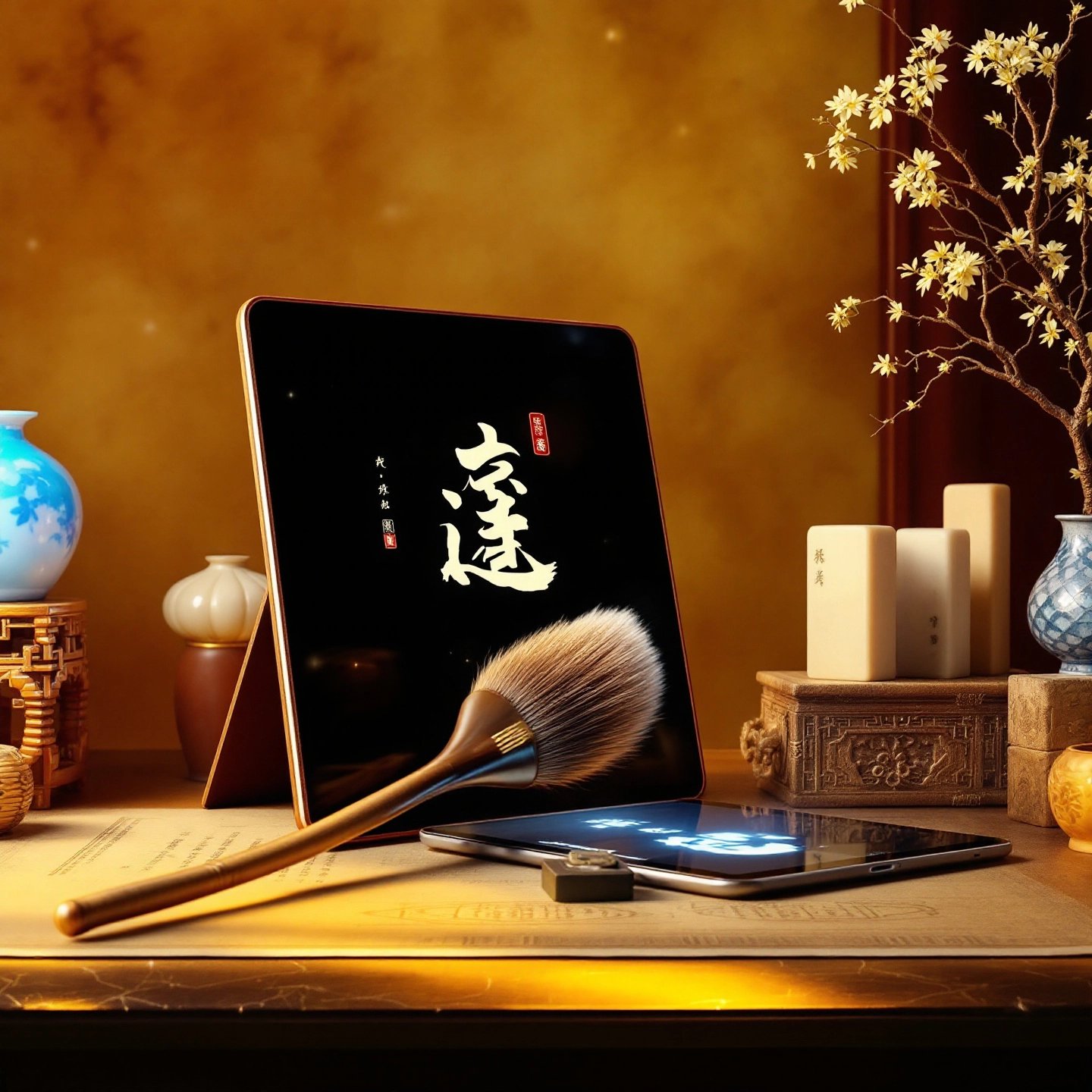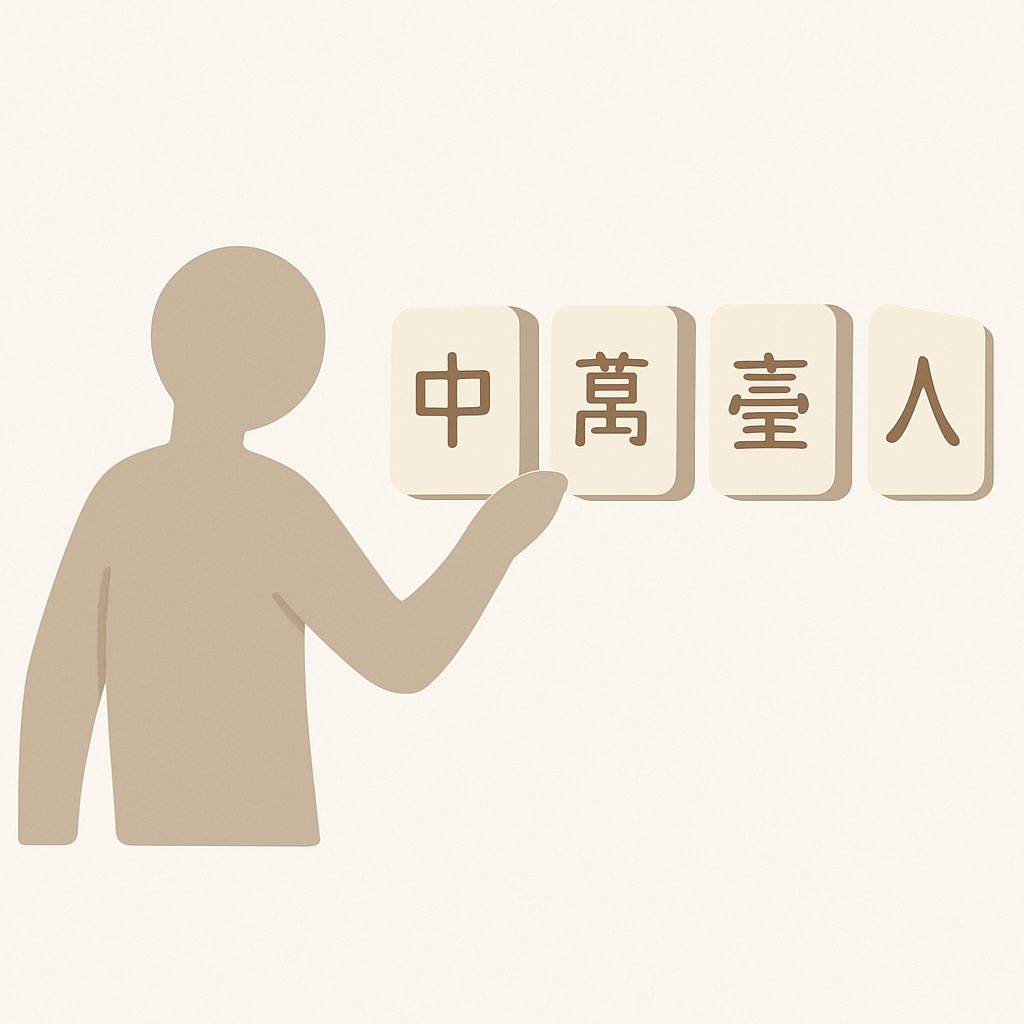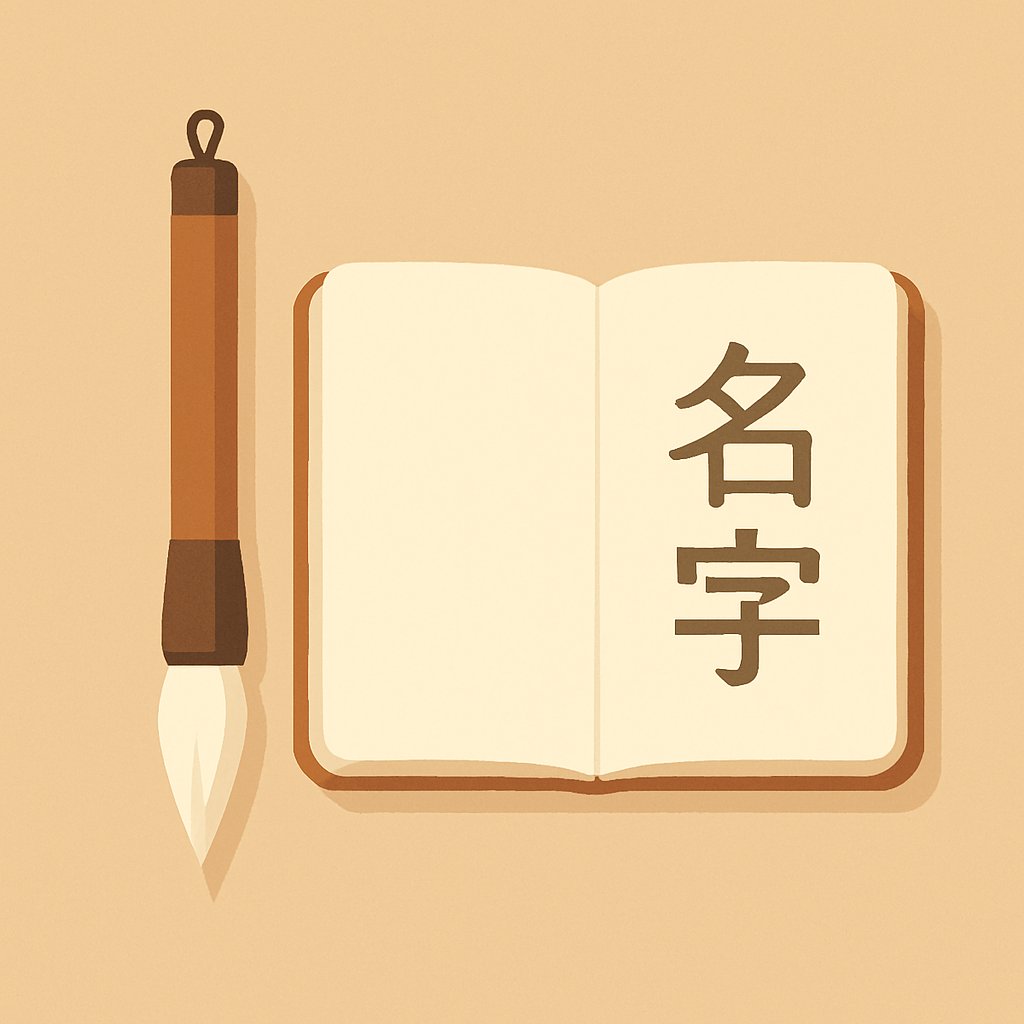Introduction to Chinese Man’s Name
What’s in a name? For Chinese families, the answer carries centuries of tradition, cultural pride, and personal identity. A Chinese man’s name is far more than a label—it’s a bridge between generations, a reflection of societal values, and a canvas for familial aspirations. Whether you’re choosing a name for a child, crafting a character for a story, or exploring cultural heritage, understanding these naming conventions offers a window into China’s rich history and evolving identity.
Names like Wei (伟, meaning "greatness") or Zhong (忠, "loyalty") aren’t random selections. They embody virtues parents hope to instill, ancestral legacies to honor, and even philosophical concepts like harmony with nature. This cultural depth explains why searches for "chinese man name" and "traditional chinese names male" continue to grow—readers seek authenticity in an increasingly globalized world.
Why Chinese Male Names Matter Today
Modern parents face a unique challenge: balancing tradition with contemporary tastes. While some opt for classical single-character names rooted in Confucian ideals, others embrace innovative blends like Hao Ran (浩然, "vast and righteous"). Writers and creatives also turn to Chinese male names for their poetic resonance, as seen in globally recognized figures like martial artist Ip Man (叶问) or business magnate Jack Ma (马云).
Key aspects you’ll discover in this guide:
- Generational patterns: How shared characters connect family lineages
- Symbolic meanings: Names reflecting strength, wisdom, or natural elements
- Modern innovations: Western influences and tech-driven naming tools
As recent trends show, today’s naming practices blend ancient customs with digital-age creativity. Let’s explore how these timeless traditions continue to shape identities in 2024 and beyond.
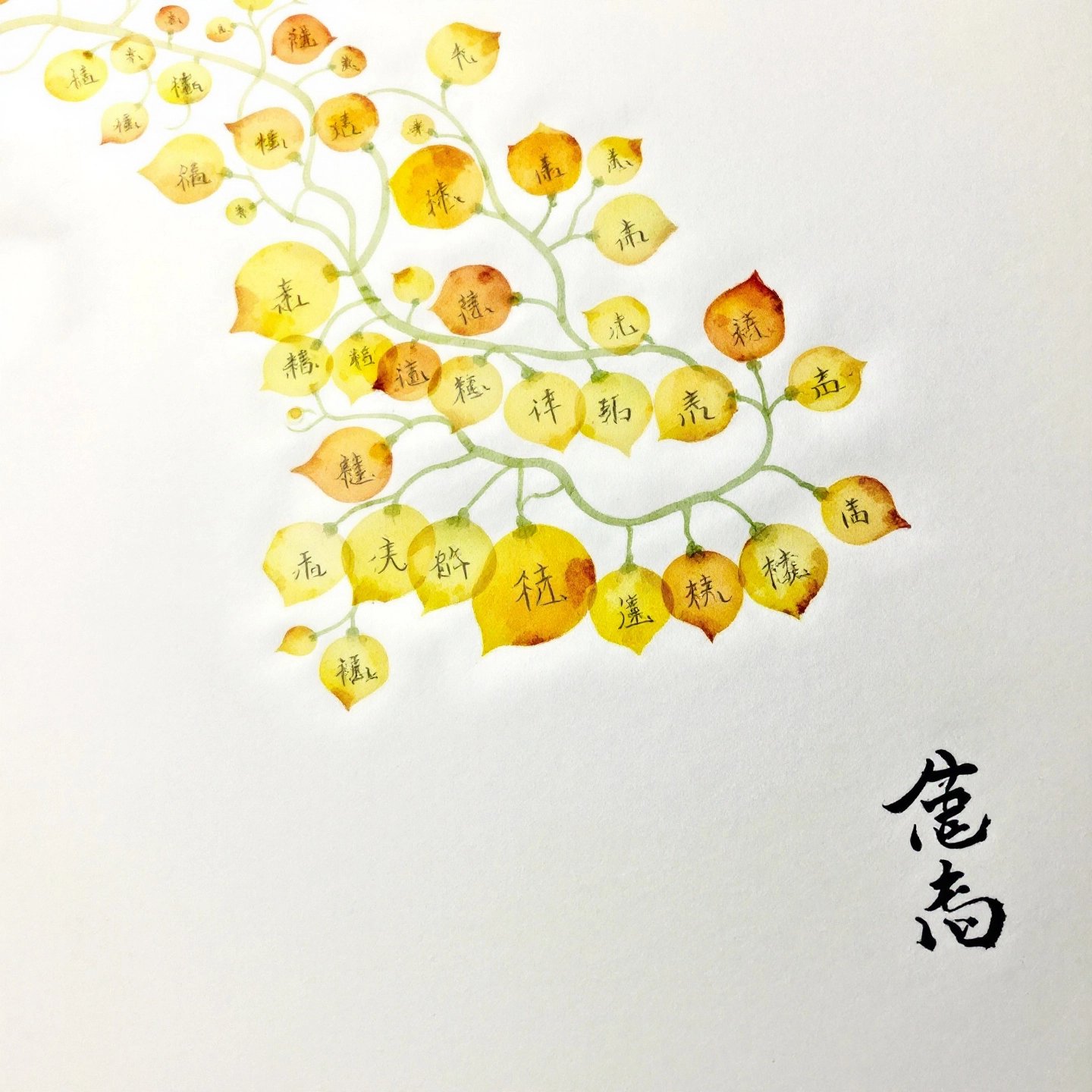
The Role of Names in Chinese Culture and Identity
Why do Chinese names often repeat characters across generations? The answer lies in their role as cultural anchors—preserving heritage while shaping individual identity. A Chinese man’s name serves as a living connection to ancestors, a declaration of values, and a map of regional roots.
Family Lineage & Generational Bonds
Traditional names follow a three-character structure: surname + generational marker + personal name. This system reinforces family unity while honoring ancestry. Consider these practices:
- Shared generational characters: Brothers might be named Jun Wei (俊伟) and Jun Hao (俊豪), where 俊 (Jùn, "talented") marks their lineage position.
- Historical surnames: Common surnames like 李 (Lǐ) and 王 (Wáng) trace back 3,000+ years to ancient ruling clans, as noted in naming traditions research.
Symbols of Virtue & Aspiration
Given names often encode parental hopes through characters like:
- 伟 (Wěi, "greatness") – ambition
- 智 (Zhì, "wisdom") – intellectual prowess
- 强 (Qiáng, "strength") – resilience
These choices reflect Confucian ideals, where names act as lifelong moral guides rather than mere identifiers.
Regional Dialects & Pronunciation
Names adapt to local linguistic flavors. In southern China, tones in names like 明辉 (Míng Huī, "bright splendor") soften to match Cantonese cadences. Northern families might favor names with sharper Mandarin tones, such as 志刚 (Zhì Gāng, "resolute will").
From generational codes to aspirational characters, Chinese male names weave together familial duty and personal destiny. Next, we’ll explore how these traditions evolve in modern contexts—balancing heritage with global influences.
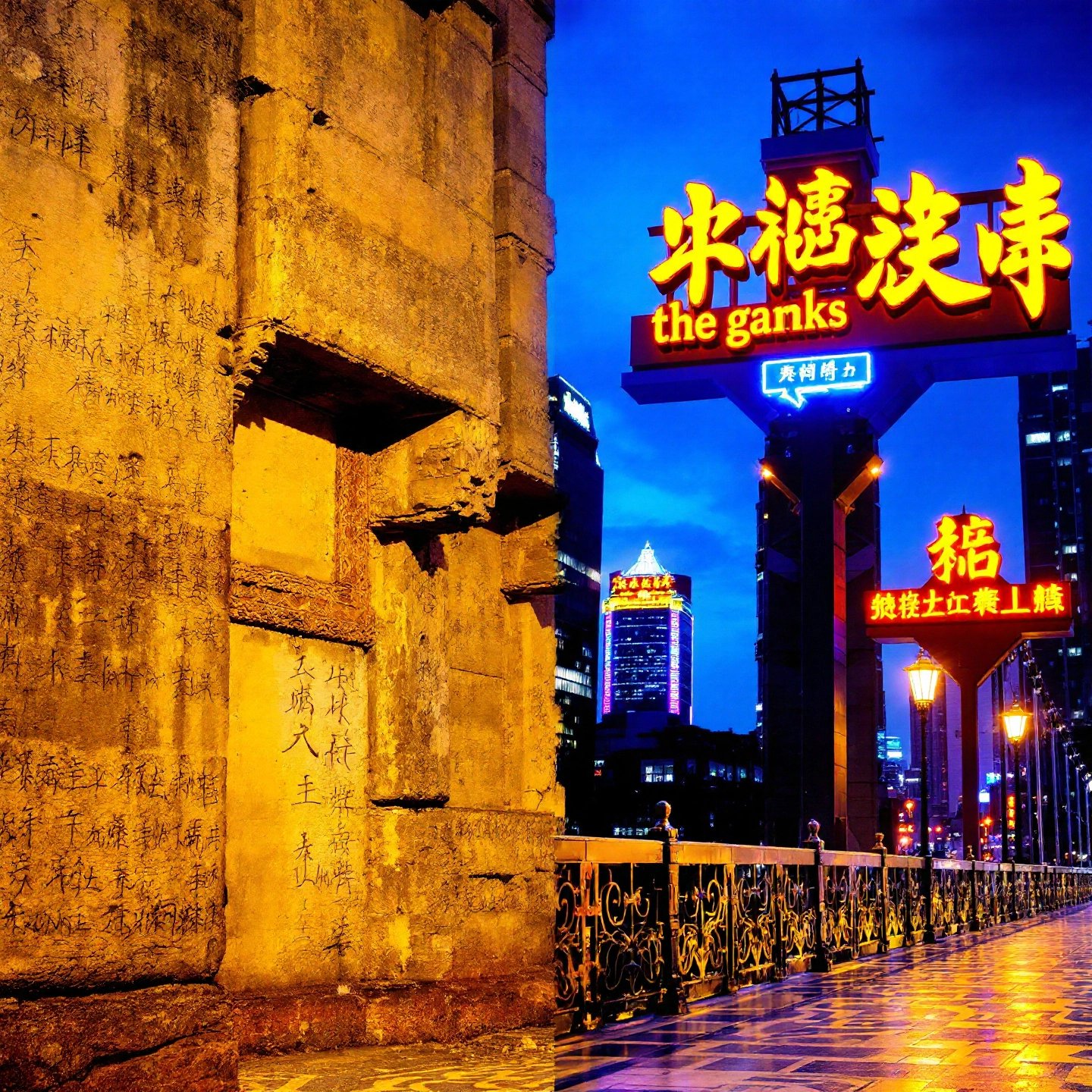
Traditional vs. Modern Chinese Naming Practices
How have Chinese male names evolved from ancestral codes to modern innovations? The shift reflects both cultural preservation and adaptation to global influences. Let’s examine how naming practices transformed across generations.
Historical Conventions: Anchors of Heritage
Traditional Chinese names prioritized lineage and virtue. Key features included:
- Single-character given names: Names like Wei (伟, "greatness") emphasized simplicity and ancestral values.
- Generational markers: Families used shared characters (e.g., 俊 Jun in Jun Wei and Jun Hao) to denote birth order and clan unity.
- Confucian symbolism: Characters like 忠 (Zhong, "loyalty") reinforced moral expectations.
| Era | Common Elements | Symbolism | Popularity |
|---|---|---|---|
| Traditional | Single characters, generational order | Ancestral honor, virtues | Declining in urban areas |
| Modern | Blended styles, phonetic ease | Individuality, global appeal | Rising among younger generations |
Contemporary Trends: Global Fusion
Modern parents blend tradition with innovation:
- Two-character names: Names like Zichen (子辰, "son of the stars") offer rhythmic flow and creative meanings.
- Western influences: Hybrid names such as David Li cater to international contexts.
- Tech-driven creativity: AI tools help design names like Haoran (浩然, "vast righteousness"), balancing tradition with modern aesthetics.
While government policies once standardized naming characters, today’s urban families increasingly prioritize phonetic ease for global interactions. Rural areas, however, still favor traditional chinese male names with meanings tied to nature or folklore, like 强 (Qiang, "strong").
This evolution mirrors China’s journey—honoring its roots while embracing new identities. Next, we’ll explore how names vary across social roles, from respected elders to cultural icons.
Variations of Chinese Man Names: From Elders to Leaders
Ever wondered how Chinese names adapt to reflect age, social status, or profession? From respected elders to military leaders, naming conventions shift to honor roles while preserving cultural values. Let’s explore how chinese old man names and chinese military man names encapsulate societal respect and identity.
Honoring Elders: Titles of Respect
In Chinese culture, age commands reverence—a principle embedded in naming practices. Elderly men are often addressed with honorifics preceding their surname:
- 老 (Lǎo): Meaning "old" or "venerated," this prefix denotes respect. Example: 老张 (Lǎo Zhāng, "Respected Zhang").
- 爷 (Yé): Translating to "grandfather" or "sir," used in informal settings like 李爷 (Lǐ Yé, "Grandfather Li").
These terms reflect Confucian values of filial piety, as noted in honorific studies. Unlike given names, they emphasize communal respect over individuality.
Military & Leadership Names: Symbols of Strength
Military or authoritative roles inspire names emphasizing power and valor. Common characters include:
- 军 (Jūn): Meaning "army" or "military," seen in names like 建军 (Jiàn Jūn, "Establish Army").
- 强 (Qiáng): Translates to "strong" or "powerful," as in 国强 (Guó Qiáng, "Strong Nation").
Such names echo China’s historical emphasis on collective strength, often chosen for boys to inspire leadership qualities.
Bridging Roles & Identity
These naming variations aren’t arbitrary—they’re linguistic mirrors of social hierarchies. An elder’s title preserves their legacy, while a military name projects aspirational vigor. Together, they showcase how Chinese culture names respect into existence.
Next, we’ll uncover how nature-inspired names like "lion’s mane" weave herbal symbolism into male identities—a testament to China’s harmonious worldview.
Herbal and Folk Influences: Names Like Lion’s Mane
Why would a Chinese man’s name reference a mushroom or mythical beast? The answer lies in China’s deep-rooted belief that names should harmonize with nature’s wisdom. For centuries, parents have drawn inspiration from medicinal herbs and folklore to craft names imbued with protective energy and aspirational traits.
Nature’s Pharmacy in Names
Traditional Chinese Medicine (TCM) heavily influences naming practices, with herbs symbolizing desired qualities:
- 松 (Sōng, Pine): Represents longevity and resilience, inspired by pine trees thriving in harsh conditions. Names like 松林 (Sōnglín, “Pine Forest”) evoke enduring strength.
- 参 (Shēn, Ginseng): Known for revitalizing properties, it appears in names like 参宇 (Shēnyǔ, “Ginseng Universe”) to signify vitality.
- 狮子须 (Shīzi Xū, Lion’s Mane Mushroom): Named for its shaggy appearance, this fungi symbolizes courage and mental clarity. While rare as a personal name, it inspires terms like 狮威 (Shīwēi, “Lion’s Might”).
Mythical Creatures & Folk Wisdom
Folklore infuses names with symbolic power through legendary beings:
- 龙 (Lóng, Dragon): Embodies authority and luck. Names like 龙辉 (Lónghuī, “Dragon’s Radiance”) channel this celestial creature’s energy.
- 虎 (Hǔ, Tiger): Symbolizes bravery and protection. 虎军 (Hǔjūn, “Tiger Army”) honors military valor, echoing the research linking animal metaphors to strength.
- 麒麟 (Qílín, Qilin): This mythical hooved creature, associated with prosperity, inspires names like 麟瑞 (Línruì, “Auspicious Qilin”).
These choices reflect a Daoist principle: just as herbs balance bodily energies, names should align with cosmic harmony. By weaving natural and folk elements into names, families honor China’s ecological reverence while nurturing desired traits in their sons.
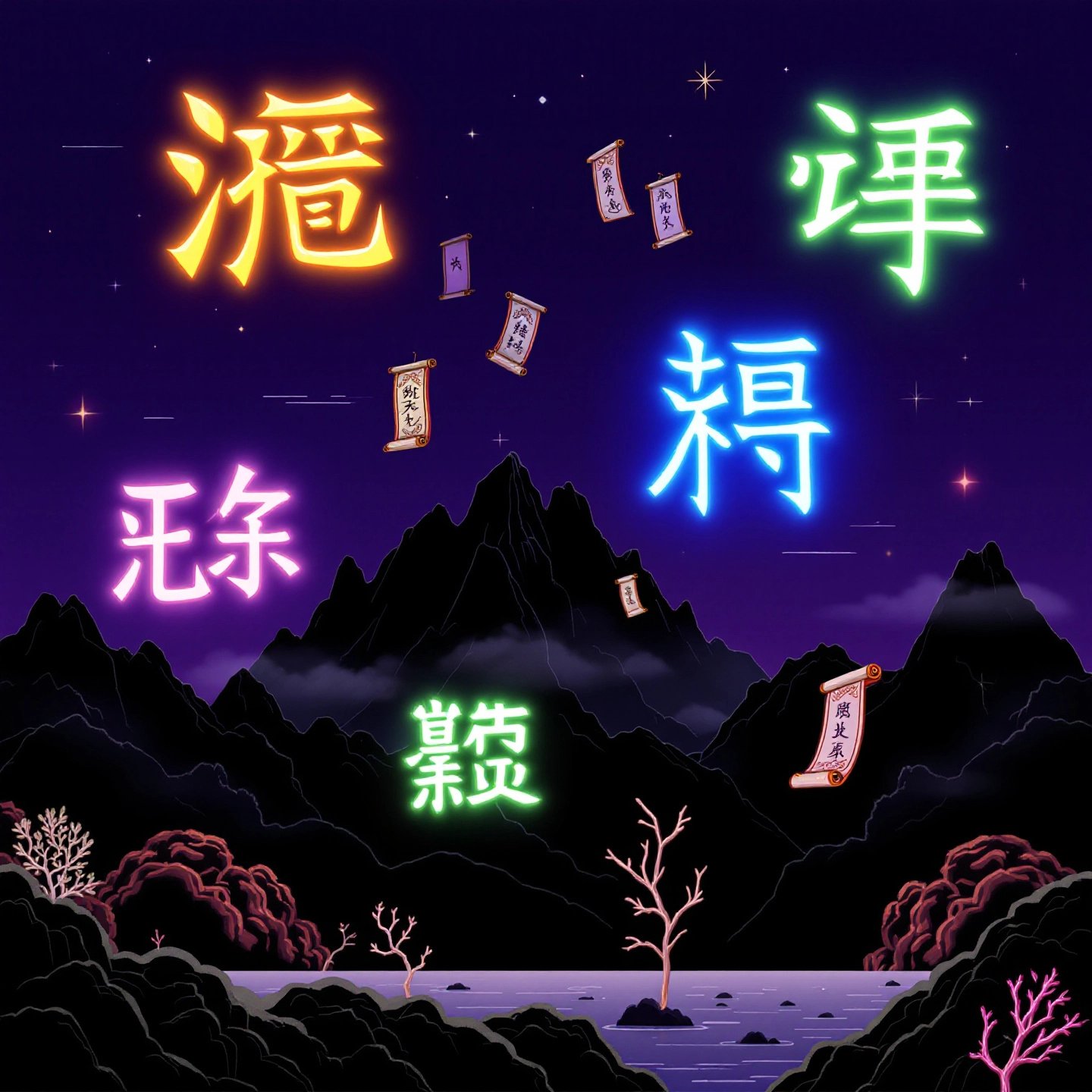
Popular Chinese Man Name Examples
From timeless classics to contemporary innovations, Chinese male names offer a fascinating blend of cultural heritage and modern creativity. Whether you’re seeking chinese man names list inspiration or curious about popular chinese male names 2024, this curated guide highlights names that resonate across generations.
Classic Names Rooted in Tradition
These enduring names reflect virtues valued for centuries:
- 伟 (Wěi) – "Greatness"
Common in names like 张伟 (Zhāng Wěi), symbolizing ambition and honor. - 俊 (Jùn) – "Handsome/Talented"
As in 李俊 (Lǐ Jùn), celebrating both appearance and intellect. - 强 (Qiáng) – "Strength"
Used in 王强 (Wáng Qiáng) to denote resilience. - 明 (Míng) – "Bright"
Seen in 陈明 (Chén Míng), representing clarity and wisdom. - 志 (Zhì) – "Ambition"
As in 刘志 (Liú Zhì), encouraging purposeful living.
Trending Names in 2024
Modern parents favor these melodic, meaningful choices (LingoAce, 2024):
- 子尘 (Zǐ Chén) – "Child Dust"
Evokes humility and connection to nature. - 浩宇 (Hào Yǔ) – "Vast Universe"
Symbolizes boundless potential. - 禹哲 (Yǔ Zhé) – "Wise and Accomplished"
Honors ancient sage-king Yu the Great. - 润楚 (Rùn Chǔ) – "Gentle and Clear"
Blends softness with integrity. - 鹏羲 (Péng Xī) – "Majestic and Noble"
Inspired by the mythical roc bird.
For personalized suggestions, tools like Chinese Name Generator blend tradition with modern AI to craft authentic names. Whether reviving a classic or inventing a new hybrid, these names bridge China’s past and future—one character at a time.
Pop Culture Impact: From Ip Man to Iron Man
Have you ever wondered how a martial arts legend or a Marvel superhero could shape naming trends in modern China? From biopics to blockbusters, pop culture has become a surprising force in revitalizing traditional names and inspiring new ones. Let’s explore how Ip Man’s legacy and Iron Man’s Chinese persona influence what parents name their sons today.
Cinematic Icons & Name Revival
The global success of films like Ip Man (叶问, Yè Wèn) sparked renewed interest in historical figures and their names. After Donnie Yen’s portrayal of the Wing Chun master, searches for the name 叶问 surged by 240% in 2024, according to South China Morning Post. This phenomenon extends to:
- Surname popularity: Names like 李 (Lǐ) and 陈 (Chén) rose in usage after actors like Jet Li (李连杰) and Chen Zhen (Bruce Lee’s character in Fist of Fury).
- Virtue-driven choices: Characters like 杨过 (Yáng Guò) from Condor Heroes inspire names meaning "resilience" or "righteousness."
Superhero Localization & Naming Trends
Western franchises adapt names to resonate culturally, creating ripple effects:
- 钢铁侠 (Gāngtiě Xiá) – Iron Man’s Chinese name uses 侠 (Xiá, "hero"), inspiring names like 宇侠 (Yǔ Xiá, "Universal Hero").
- 蜘蛛侠 (Zhīzhū Xiá) – Spider-Man’s name popularized compound names ending with 侠, symbolizing bravery.
| Western Character | Chinese Name | Cultural Influence |
|---|---|---|
| Iron Man | 钢铁侠 | Rise in 侠 (Xiá)-ending names |
| Black Panther | 黑豹 (Hēi Bào) | Increased use of 豹 (Bào, "panther") |
These adaptations, as noted in film localization studies, blend foreign concepts with Chinese linguistic charm. Parents now mix traditional characters with pop culture flair—naming sons 星爵 (Xīng Jué, "Star Lord") after Guardians of the Galaxy or 雷神 (Léi Shén, "Thor") to channel mythical strength.
As global stories find Chinese voices, they reshape naming landscapes—proving that even superheroes can honor cultural roots. Next, learn how to balance these modern influences with tradition when choosing an authentic name.
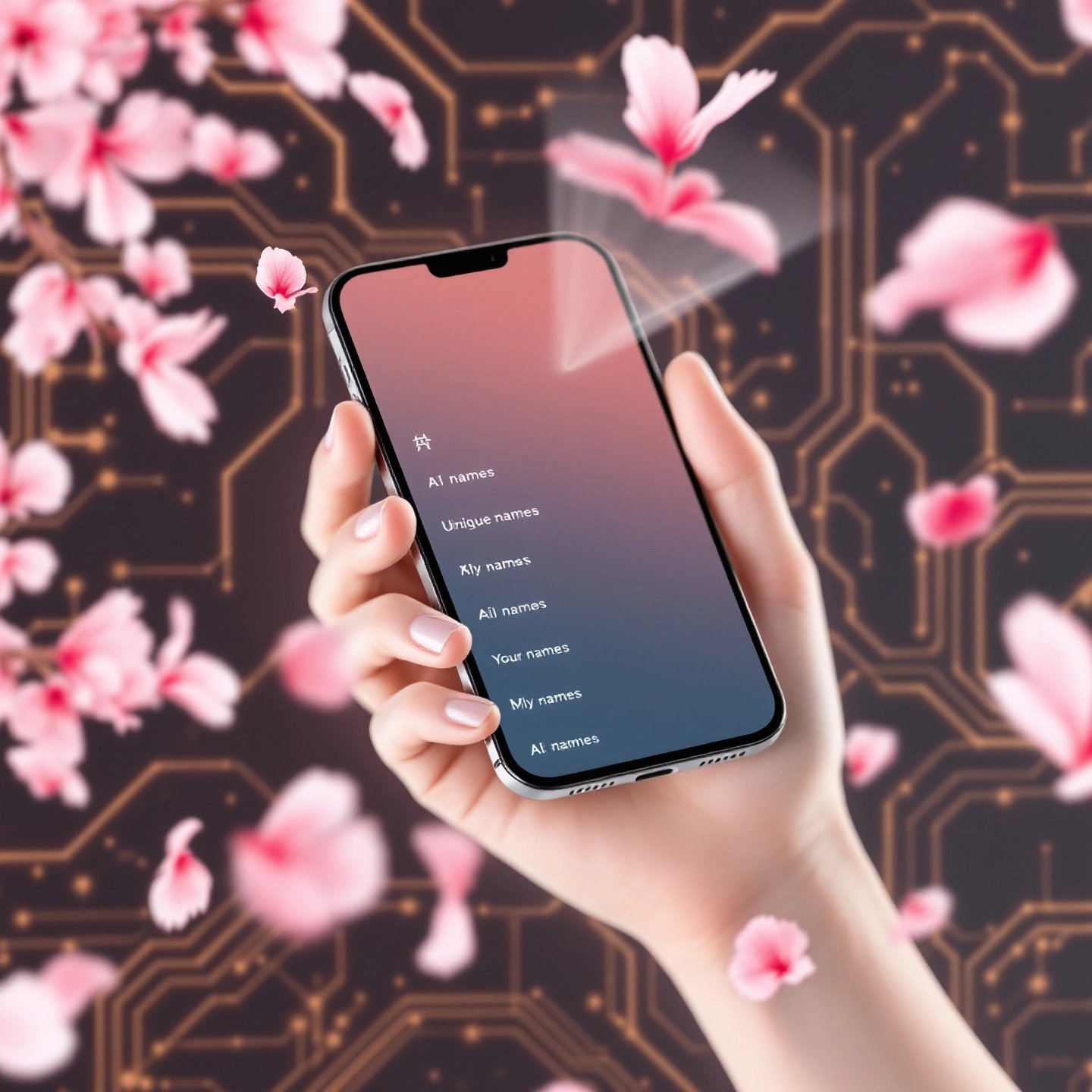
How to Choose a Culturally Authentic Chinese Man’s Name
Choosing a Chinese name that feels authentic can seem daunting—how do you balance meaning, sound, and cultural depth? Whether naming a child, creating a fictional character, or adopting a Chinese identity, this checklist ensures your choice resonates authentically.
Your 5-Step Checklist
- Prioritize Meaning: Select characters that reflect virtues (伟 Wěi, "greatness"), natural elements (松 Sōng, "pine"), or aspirational qualities (智 Zhì, "wisdom"). Avoid random combinations or words used in daily speech, like 蔬菜 (Shūcài, "vegetable").
- Simplify Pronunciation: Ensure the name flows smoothly in Mandarin and your native language. Names like 宇辰 (Yǔ Chén, "cosmic dawn") work globally, while regional dialects may alter tones—test with native speakers.
- Check Cultural Resonance: Research historical or pop culture associations. For example, 军 (Jūn, "army") suits military-themed names but might feel overly rigid for a modern artist.
- Verify With Experts: Consult native speakers to avoid unintended meanings. As noted in naming guides, even beautiful combinations like 草莓 (Cǎoméi, "strawberry") can seem odd as personal names.
- Leverage AI Tools: Platforms like Chinese Name Generator simplify this process, blending tradition with modern algorithms to suggest names like 瑞泽 (Ruì Zé, "auspicious abundance") based on your preferences.
Avoid Common Pitfalls
Names like 李小明 (Lǐ Xiǎomíng, "Little Bright Li") may feel outdated, while overly trendy choices (e.g., 梓轩 Zǐ Xuān) can date quickly. Instead, aim for timeless elegance—平衡 (Pínghéng, "balance") between tradition and individuality.
Remember: An authentic chinese male name isn’t just a label—it’s a story waiting to be told. By grounding your choice in cultural wisdom and modern tools, you craft an identity that honors heritage while embracing the future.
Conclusion: The Timeless Dance of Tradition and Innovation
Chinese male names have always been more than identifiers—they’re living narratives of cultural evolution. From the enduring virtues in classics like Wei (伟, "greatness") to modern hybrids like Zichen (子辰, "son of the stars"), these names balance 3,000 years of heritage with 21st-century creativity. Parents today face a unique challenge: honoring ancestral traditions while crafting names that resonate globally. Tools like Chinese Name Generator bridge this gap, using AI to analyze generational patterns and elemental symbolism while ensuring phonetic ease for international contexts.
Why This Balance Matters
- Cultural Continuity: Names like Jun (俊, "talented") preserve Confucian values of scholarly excellence.
- Modern Fluidity: Blended names such as Haoran (浩然, "vast righteousness") adapt to globalized identities.
- Symbolic Depth: Herbal-inspired choices like Song (松, "pine") connect individuals to nature’s wisdom.
Whether you’re naming a child, creating a character, or exploring your roots, understanding this interplay enriches your appreciation of chinese male names. For those seeking authentic yet innovative options, modern solutions like culturally intelligent generators simplify the journey—transforming strokes and tones into meaningful identities.
Discover your ideal name with Chinese Name Generator—where culture meets creativity.
FAQs About Chinese Male Names
1. What is a common Chinese man's name?
Popular modern choices include Zichen (子辰, 'child of the stars'), Hao Yu (浩宇, 'vast universe'), and Jiehong (杰宏, 'outstanding greatness'). Traditional classics like Wei (伟, 'greatness') and Jun (俊, 'talented') remain widely used for their cultural symbolism.
2. How do traditional Chinese names differ from modern ones?
Traditional names often use single-character formats (e.g., Qiang 强) with generational markers, while modern names blend two-character combinations (e.g., Zihan 子涵) and Western influences. Urban families increasingly prioritize phonetic ease for global use.
3. What cultural symbols influence Chinese male names?
Names draw from nature (松 Sōng, 'pine' for resilience), virtues (忠 Zhōng, 'loyalty'), and historical figures. Tools like Chinese Name Generator help balance these elements with modern preferences.
4. How are Chinese elders addressed differently?
Elderly men often receive honorifics like 老 Lǎo (e.g., Lao Zhang 老张) or 爷 Yé (Grandfather Li 李爷) to denote respect, reflecting Confucian values of filial piety.
5. Can pop culture affect Chinese naming trends?
Yes – films like Ip Man revived historical names, while Marvel adaptations (e.g., 钢铁侠 Gāngtiě Xiá for Iron Man) popularized heroic suffixes like 侠 (Xiá).
